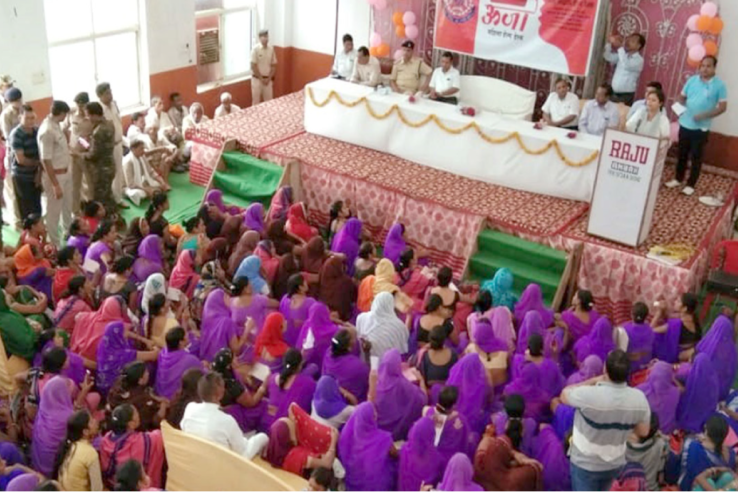Displaying 691 - 705 of 8473
Research Paper
File: Research paper
Research Paper
File: Research paper
Research Paper
File: Research paper
Research Paper
File: Research paper
Research Paper
File: Research paper
Policy Publication
File: Policy publication
In India, creating designated women’s help desks (WHDs) in police stations increased the registration of crimes against women, particularly when staffed by female officers. Key results: The WHD program led to more registrations of cases of violence against women. Stations with WHDs registered 1.5...
Research Paper
File: Research paper
Research Paper
File: Research paper
Research Paper
File: Research paper
Research Paper
File: Research paper
Research Paper
File: Research paper
Research Paper
File: Research paper
Research Paper
File: Research paper
Research Paper
File: Research paper
Research Paper
File: Research paper
